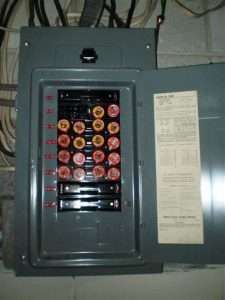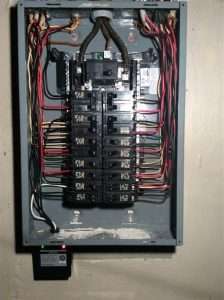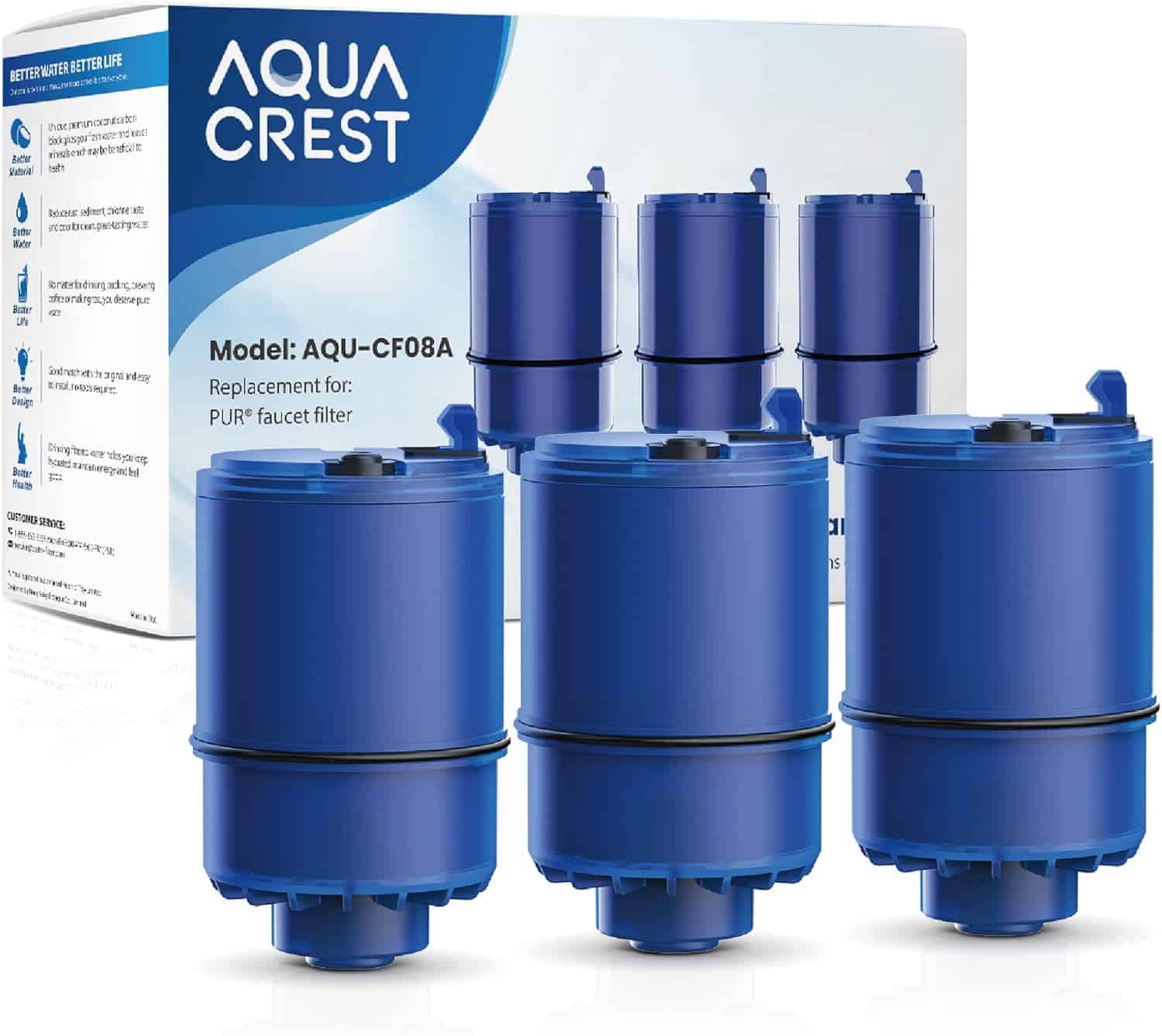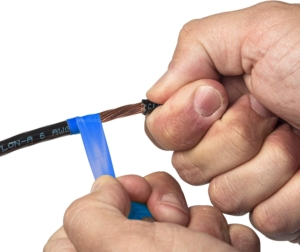Fuse Box or Electrical Panel: What You Need to Know
Whether you have a fuse box or an electrical panel they both essentially have the same functionality which is to disconnect power. This article will discuss the differences between each. If you have a fuse box, we recommend you consider replacing it with a more up-to-date panel that is compatible with the way electricity is used today.
A fuse box or electrical panel can shut off power but there are some differences.
A fuse box uses fuses as disconnects while an electrical panel uses circuit breakers as disconnects for your electrical source.
What is a Fuse Box?

A metal container is used to house fuses which are safety devices that shut off power when the design rating of the fuse is exceeded. A fuses function by passing an electrical current via a metal strip. If the electrical current exceeds the design rating for that fuse, then the strip melts and the power is shut off.
Fuse Boxes Problems
These boxes quickly earned a bad reputation. Insurance companies did not like that homeowners would replace fuses with sticks of copper or incorrect fuse sizes to keep the fuses from blowing. This behavior can create a very hazardous situation that could start a fire in the home.
Fuse Boxes History
Fuse boxes also use older electrical wiring, such as cloth wiring or knob & tube which is no longer used in today’s electrical wiring applications. Fuse boxes were typically installed in homes before the 1960s.
In the state of Florida, if you have a fuse box installed on your home you may not be able to obtain homeowners insurance. Check your local insurance carriers.
What Are Electrical Panels?
An electrical is that metal box that is usually found on a wall in the garage or home interior on a wall. The metal box has a door that covers the circuit breakers on the interior of the electrical panel. Some may also call it a breaker panel or breaker box.
Electrical Panel Problems
Though electrical panels are the preferred method of application today for our homes, there are electrical panels that have been known to have issues. Those panels are:
- Federal Pacific – FPE
- Sylvania-Zinsco
- Challenger
These electrical known issues are:
- Power flowing even when the breaker is off
- Overheating bus bars
- Arcing caused by loose circuit breakers
- Circuit breakers that fail to shut off when there is a current overload
Electrical Panel History
Electrical panels are the most updated standard for our home’s electrical systems. When Circuit breakers are tripped by overcurrent they do not need to be replaced in most cases, you can just go to the electrical panel and reset the circuit breaker that was tripped.
Cost of Replacement
As mentioned at the beginning of the article, if you have a fuse box in your home you may want to consider upgrading. The cost can vary but the average cost of replacement without rewiring the home is around $1500. If the home needs to be rewired then it can cost significantly more depending on the amount of construction work needed. Here is a quick video to demonstrate what we discussed in the article.
Summary: Fuse Box or Electrical Panels: What You Need to Know
As mentioned at the beginning of the article, if you have a fuse box in your home you may want to consider upgrading. The cost can vary but the average cost of replacement without rewiring the home is around $1500. If the home needs to be rewired then it can cost significantly more depending on the amount of construction work needed. Here is a quick video to demonstrate what we discussed in the article.
For additional questions or comments on the fuse box or electrical panels feel free to reach out. GGR Home Inspections conducts home inspections in the Broward, Palm Beach, and Miami Dade county areas.






